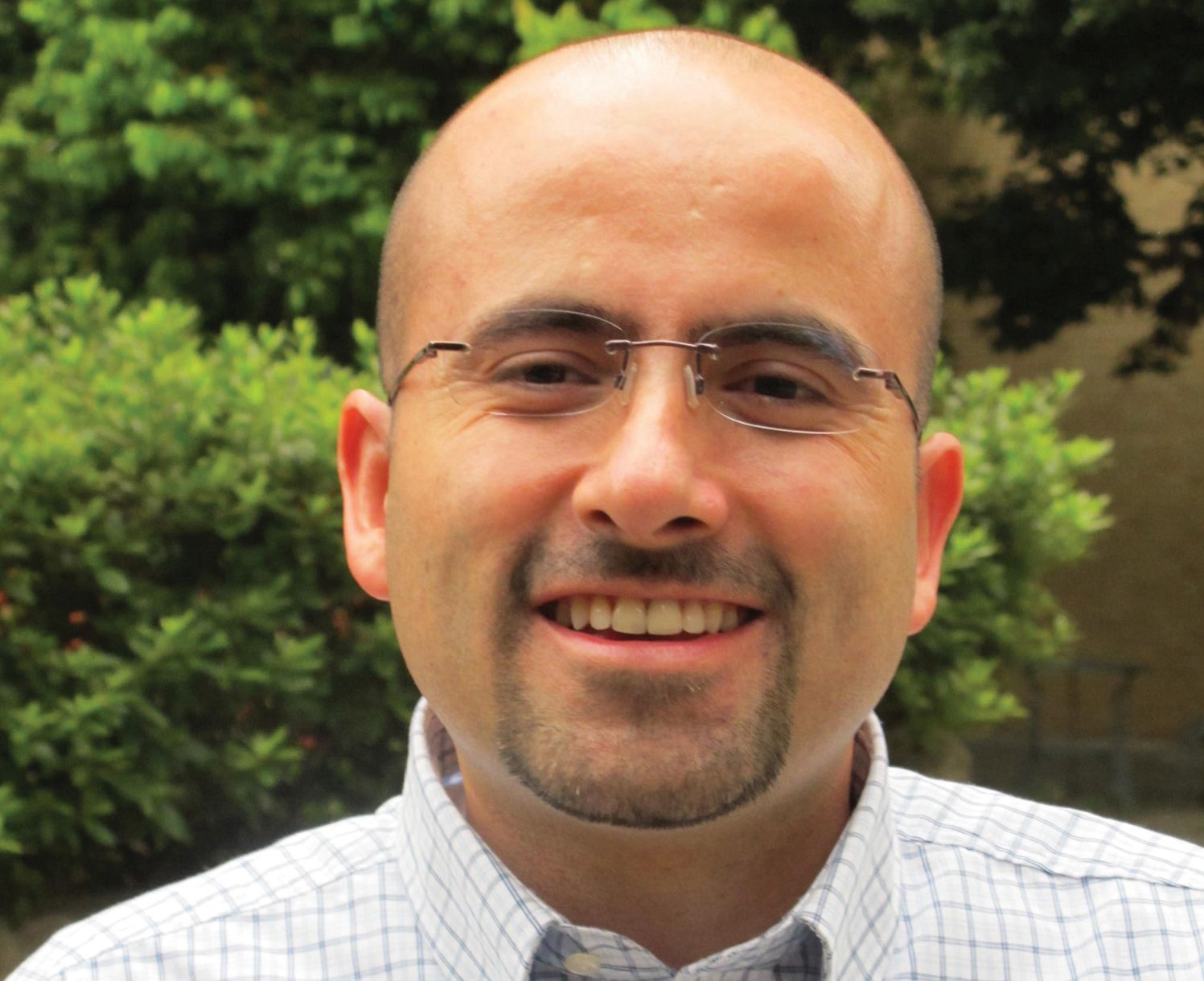“Do not cry,” said to me a member of my church when I lost a relative in a very tragic way. “Read this verse of the Bible,” she continued. However, I could not hear her. I needed somebody able to listen to me, somebody ready to cry with me, and somebody open to walk with me during those days of deep grief. I did not need a biblical lesson – I needed a friend.
“I do not believe in counseling” a pastor of a local congregation told me some years ago. “People need to know how to obey God’s word instead of depending on what somebody says. Giving advice generates dependency,” he said. Years later, I heard a member of his congregation expressing resentment against the church for the loneliness and abandonment he felt during a relative’s terminal illness. Where was his pastor during the hard times of suffering, questioning and lack of hope?
We need somebody to walk with us during difficult times. We need the support of others when we are dealing with conflicts, resentment, sicknesses and death. We need the company of wise people to help us to identify our weaknesses and strengths, and to discover the causes of them. We need christocentric guidance about sexuality, how to manage our money, and how to navigate crucial decision times in our lives: getting married, raising children, choosing a profession, retiring and other decisions.
In other words, we need discipleship. Christian counselling is not giving advice or telling others what they should or should not do. It has to do with walking with others and accompanying in a way that helps them make decisions based on their decision of following Christ. That is what discipleship is. It has to do with imitating Christ in our every day life, and in order to do so we need the compassionate company of other members of our community and the support of the specialized gifts that can help us to deal with specific challenges.
Today, in Christian circles, discipleship has taken many names: coaching, therapy, spiritual direction, mentoring, pastoring, counselling. This is just a way of showing how big is the need to find people with the kind of expertise that can be really useful for specific areas of need in discipleship. Depression, for example, or a learning deficiency is the kind of matters that require a specialized training for the person that will serve as counsellor.
In a basic level, all of us have the wonderful opportunity of walking with others in their process of discipleship. Even during very difficult and challenging times, to those who are suffering, we can remain close as compassionate people without offering empty words or advice. Just listening. Many local congregations in the Global South, in a context of violence and suffering, are learning how to support others through active listening. They have discovered the healing power that is hidden in the simple act of being there for others without a judgmental attitude. Compassion, again, has become their distinctive.
However, in many places in the Global South, the need of specialized ministries of counselling is huge. How to deal with mental illness? How to help in process of healing of memories that require specific counseling skills? How can some of the enormous resources in the Global North be shared with our churches in the Global South? I am speaking here about educational resources in the area of counselling, conflict resolution, mentoring, therapy, etc.
This issue of Courier is just a humble initiative that looks for ways of inviting our churches to speak more about these issues and to do so in a multicultural way. We need to share our educational resources, experiences and needs in order to grow together in our discipling call.
May God guide our churches around the world to walk with compassion, serving as healing communities that take seriously our call to discipling.
—César García, MWC general secretary, works out of the head office in Bogotá, Colombia.
This article first appeared in Courier/Correo/Courrier, April 2017.
